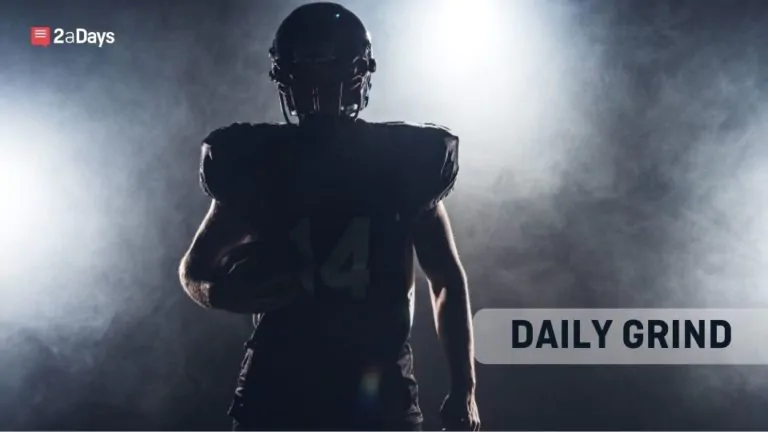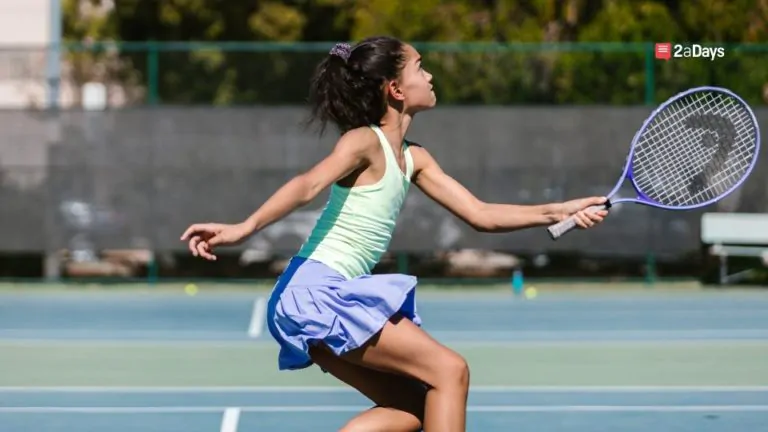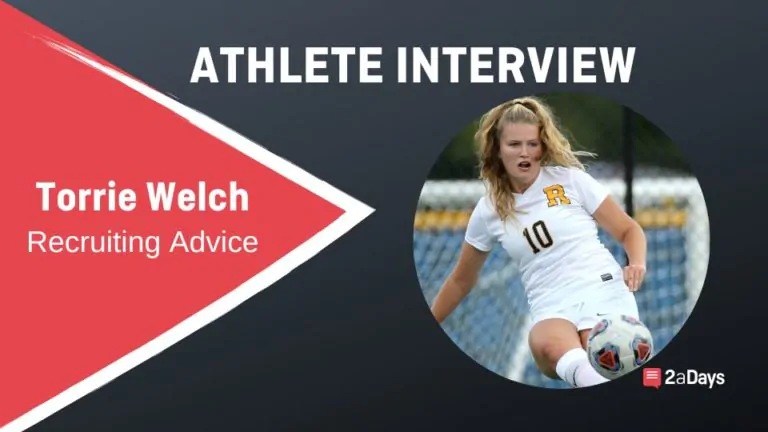By the time you reach your senior year in high school, you've put in the workouts, reached out to coaches, and improved your skills. The hard part is done right?
Not necessarily. Committing, actually choosing the school you want to attend for the next 4+ years, will be one of the hardest parts of your recruiting process. Some people are absolutely certain where they want to attend, but most aren't so lucky. So many athletes feel pressured to make a decision early, by college coaches, their friends, and their family members. As a result, they end up choosing the wrong school and having to decommit or transfer later. Don't let that be you! Do your research, take campus visits, and find a school that is a good fit for you all around, not just athletically.
Research is Key
Take your time to research every aspect of every college you're considering. Make sure you can see yourself attending the school even without your sport, in case something falls through.
Many high school athletes only consider Division I schools because they want to compete in Division I athletic programs. But, the academic environment at DI schools is very different from other, DII, DIII, NAIA, or JuCo schools, so athletes need to make sure they can handle the school environment along with the high expectations of their athletic program, and find a school that meets all of their needs.
Related: Everything You Need to Know about College Leagues and Divisions
Many people don't know that NAIA teams compete at the same level as Division II schools, but their scholarship structure is different, as well as their perspective on academics. Similarly, DIII schools, while not offering athletic scholarships, encourage athletes to succeed academically, and therefore offer merit-based financial aid.
So before verbally committing to a college, have you looked into all of your options?
Related: Why Committing Early in Distance Running is Not Best
Breana Cassidy has had her fair share of not knowing where to commit. She verbally committed to Dominican College, but de-committed to attend Bloomfield College. After her first season with Bloomfield, she transferred to Brookdale Community College, but then spent her last years playing club soccer for Monmouth University. Breana shares her advice to high school athletes:
“Make sure you take the time to make the right decision for yourself. Don't feel pressured to make one because of external reasons. Don't knock something until you try it. I used to knock community college all of the time. I used to think I was too good for them, but in the end, it was the best decision of my life. And lastly, have fun with the process, it comes and goes so fast. Don't get discouraged if you do or don't get recruited by your dream school. Everything happens for a reason!”
Related: A Different Route: The JuCo Experience
Transfer Rate – Don't be a Statistic
A National Student Clearinghouse study found that 38% of all undergraduate students transfer schools at least once during the first six years of their post-secondary education.
The reasons for transferring vary, but for athletes they include not researching the head coach, assistants, and position coaches. You should also research if schools have academic help, the culture of the school, the dynamics of the team, and how coaches handle injured players. Asking questions is a big part of understanding team dynamics and coaching style, and doing so earlier can help lower your risk of transferring later.
Related: 37 Questions to Ask College Coaches before You Commit
Take note that transferring from one institution to another can cause problems for the athlete academically and mentally. There is a possibility that many of your credits will not transfer. On top of this, you will have to navigate a new school, town, friends, team, and coaching style. Many athletes may also risk a year of eligibility if the don't follow the right steps in the transfer process.
Most transfer athletes that we have spoken with all say the same thing: they got caught up in the moment, and they believed the coach's promises. They wish they had taken their time to do their diligence on the coaches and schools. It is so much easier for high school athletes to do their research early on, than to transfer later.
Related: Division I Athletes: Tips before and after Recruiting
The athletes who did their research on the recruiting process and coaches in high school do not transfer nearly as often as the athletes who did not. The culture of the college can depend on the students, faculty, location, extracurricular activities the school provides, and academic help, and each of these will influence whether it's a good fit for you.
* Originally published on October 6, 2021, by Nicole Scardilli







